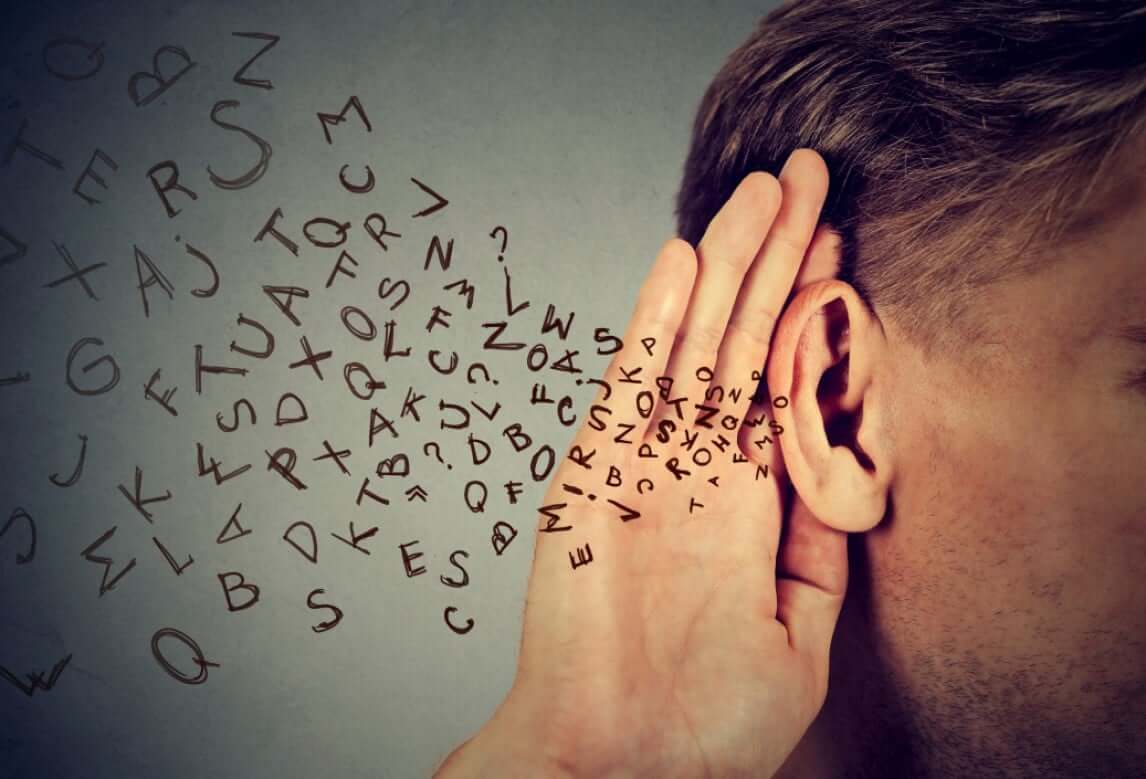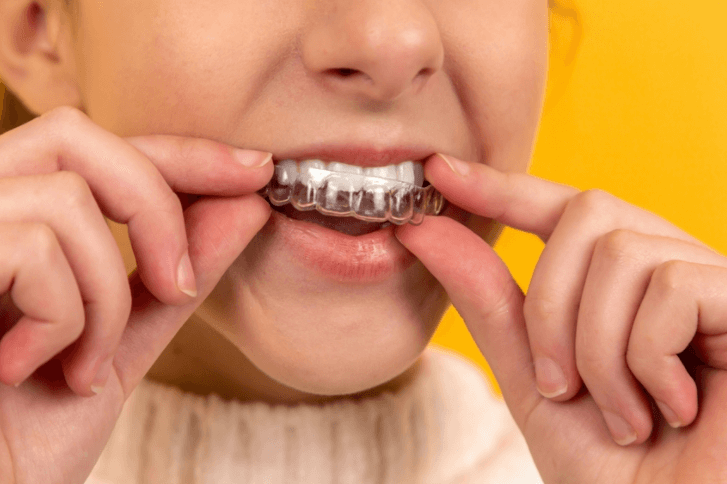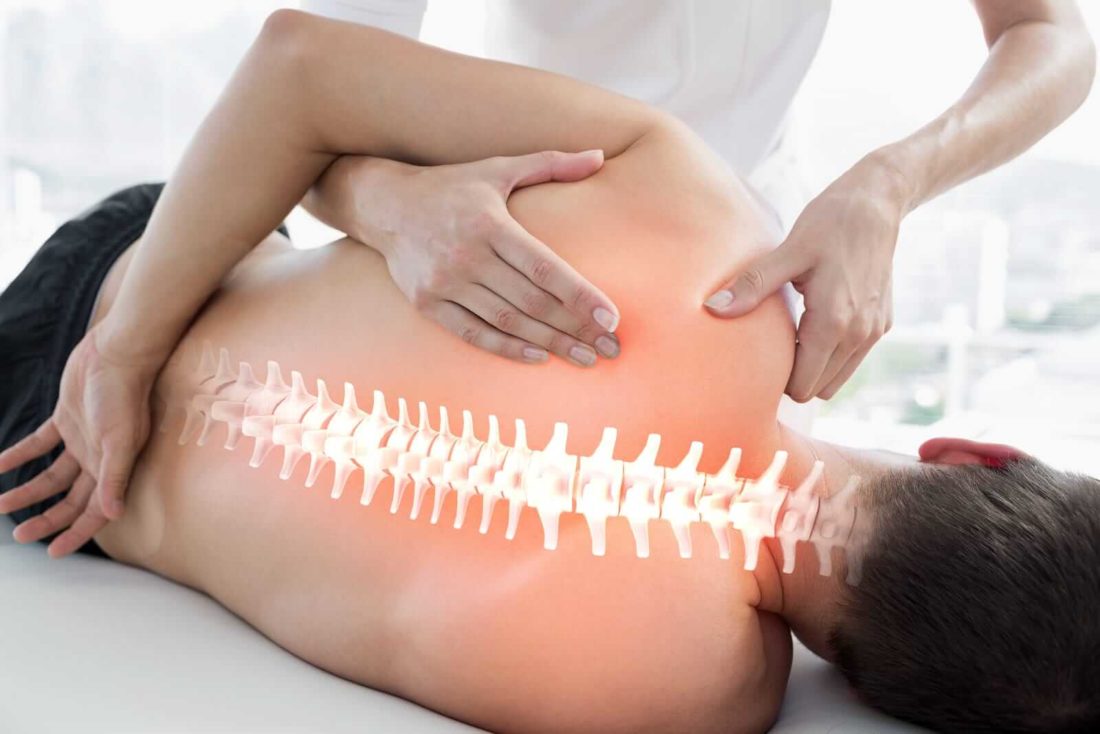There seems to be a consensus that TMJ and Tinnitus are related; not on a massive scale though.
According to a study published in the medical journal Cranio in Oct 2020, the incidence of tinnitus was found to be 11.46% among patients with temporomandibular disorders (TMDs).
Page Contents
What is Tinnitus?
Tinnitus is a noise in the ear perceived by humans that is not based on the sound that is otherwise perceived. It is described by tinnitus sufferers as an unpleasant, constant, or intermittent ringing, chirping, buzzing, beeping, whistling, or hissing noise. Thus tinnitus is nothing more than an impaired hearing function in humans.
Tinnitus is not referred to as a disease in its own right, but rather as a symptom of other diseases or sometimes as a syndrome. This is because it usually results from other complaints such as dental treatment, stress, middle ear diseases, viral infections, or misaligned jaws. Een medications can cause tinnitus.
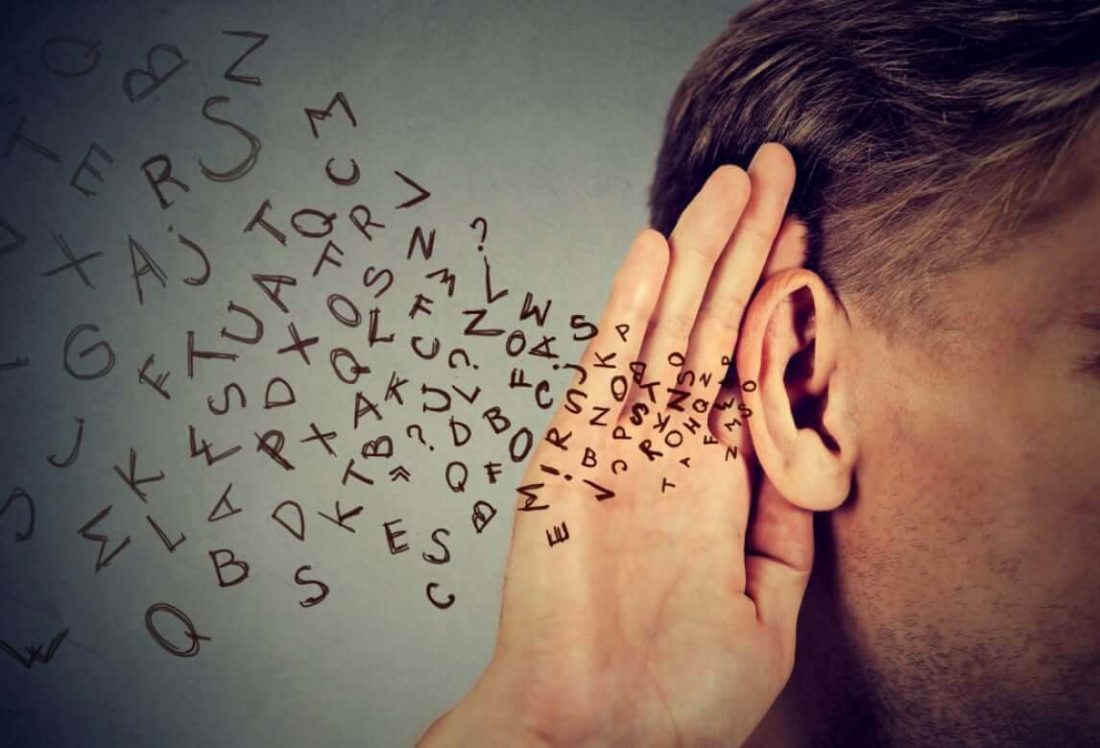
When Can Temporomandibular Joint Problems Lead To Tinnitus?
There are many causes. Some are:
- In the case of nocturnal teeth grinding, the teeth are rubbed off, the jaw joints are overloaded and worn out and an internal degeneration (change) develops, and thus a displacement of the jaw joint heads towards the middle ear
- Stress. Stress and mentally unresolved conflicts lead to stress processing through repeated pressing together of the upper and lower jaw. As a result, however, the head of the temporomandibular joint shifts backward and upwards and compresses parts of the temporomandibular joint area, and leads to the introduction of forces into the ear canal, into the skull.
- Dental treatments can trigger acute noises in the ears. This is done by changing the muscle tone of the masticatory muscles
- Misaligned jaws. Incorrect bite (upper jaw and lower jaw are not (no longer) right to one another and cause malfunctions of the temporomandibular joints and possibly ringing in the ears
- Medications that cause tinnitus. The worst is erythromycin (antibiotics), aminoglycosides (antibiotics by infusion, not those in-ear drops), loop diuretics (furosemide), chemotherapy, anti-malarial drugs, NSAIDs (pain killers).
TMJ and Tinnitus relationship
Many people suffer from tinnitus without suspecting a causal connection to the temporomandibular joint or the teeth/dental fillings/dental crowns/dental treatments.
In this context, it is important that the close positional relationship between the temporomandibular joint and the middle ear plays an important role, as does the introduction of forces into the skull that arise during unconscious pressure.
The temporomandibular joint is an important part of the chewing organ and in this context, it is also important for tinnitus. The masticatory muscles, which among other things move the lower jaw in the jaw joints, play a special role.
Our hearing organ consists of the outer ear, the middle ear, and the inner ear. The temporomandibular joint (TMJ), as well as the cervical spine, is in direct proximity to the outer ear.
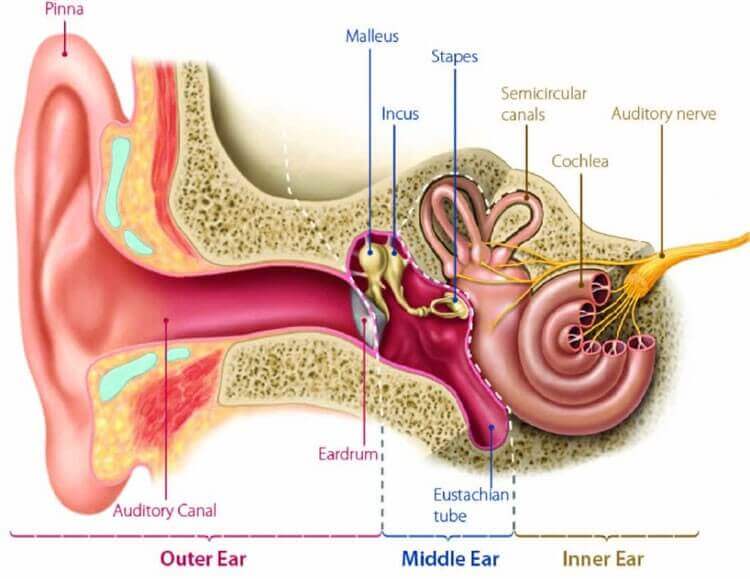 Picture courtesy of https://mskneurology.com/association-tinnitus-neck-tmj/
Picture courtesy of https://mskneurology.com/association-tinnitus-neck-tmj/
There are many nerve tracts here that run directly between the auditory canal or middle ear and the jaw and the cervical spine. A functional disorder of the cervical spine can cause a malalignment of the temporomandibular joints.
If you think of something unpleasant or brood or get upset, you involuntarily press your teeth together and thus cause a displacement of the jaw joint backward and upwards and tension/stress arises in many areas. A higher tension of the masticatory muscles in response to emotional stress, in turn, has an impact on the temporomandibular joints.
If you want, you can feel your jaw joint. It’s right in front of your ear. When opening and closing the mouth you feel the movement of the temporomandibular joint head (condyle) under the finger when you place your finger in front of your ear. You can see that there are close relationships between the movement of the jaw joint and the space available to the ear canal.
Tinnitus patients also observe that the noise in the ear can increase, decrease or change when the mouth is moved.
Depending on what the cause of the tinnitus is, these nerve tracts are then affected and have a corresponding effect on the hearing organ.
What Does Tinnitus Have To Do With CMD?
The masticatory system and the ear are anatomically and muscularly connected to one another. A disturbed occlusion, i.e. a misaligned tooth, exerts more pressure on the masticatory muscles and the temporomandibular joint than is normally the case.
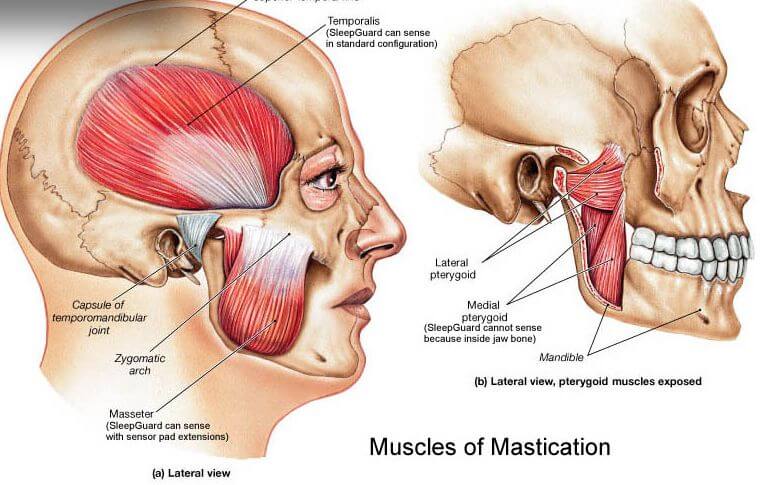
Part of the temporomandibular joint capsule, which is characterized by nerve tracts and blood vessels, is known as the bilaminar zone. If more pressure is now exerted on this zone, as can be the case with a CMD (craniomandibular disorder), an ear noise can arise. Because this zone is very sensitive and is located exactly between the middle ear and the temporomandibular joint.
How is Tinnitus Treated?
If the tinnitus developed due to the CMD, a functional analysis is used to determine what exactly was the cause. As a rule, tinnitus occurs in the context of a CMD when the malalignment of the jaw joint has a lateral component, i.e. when the lower jaw is laterally displaced in relation to the upper jaw.
A CMD is often treated with a special splint that guides the bite back into the correct position and relaxes the jaw joint.
Therapeutic options for positively influencing the function of the TMJ and thus tinnitus include:
